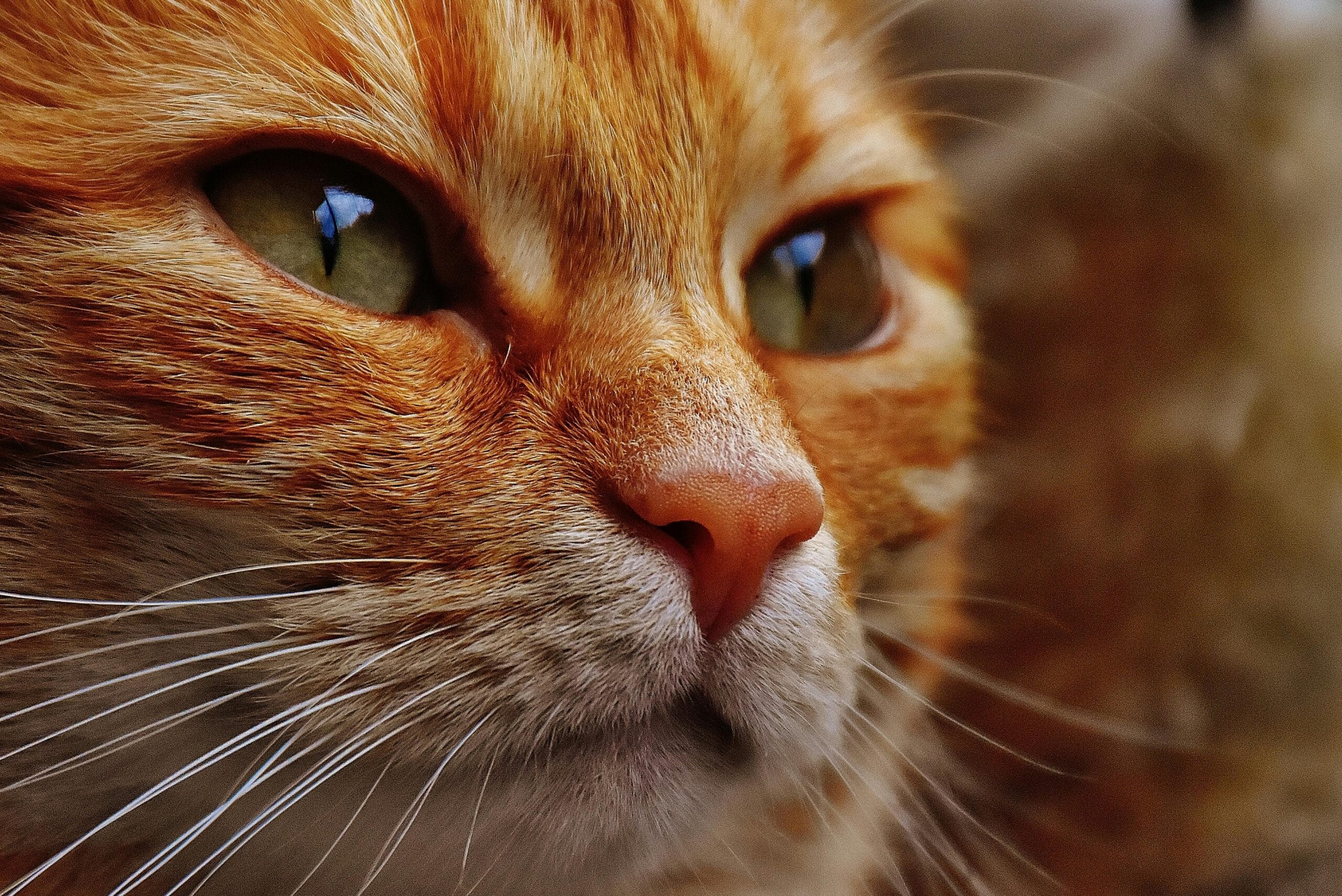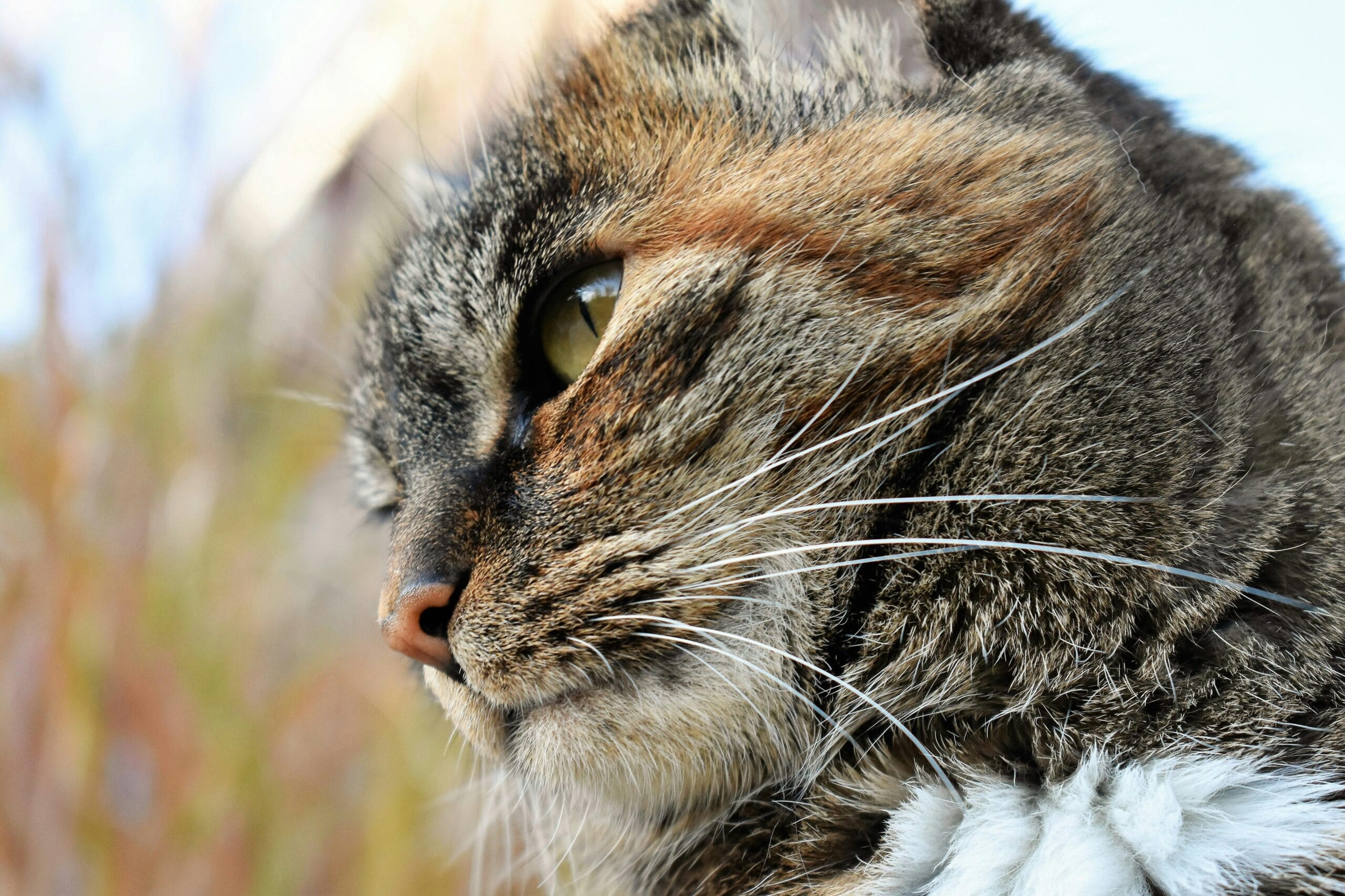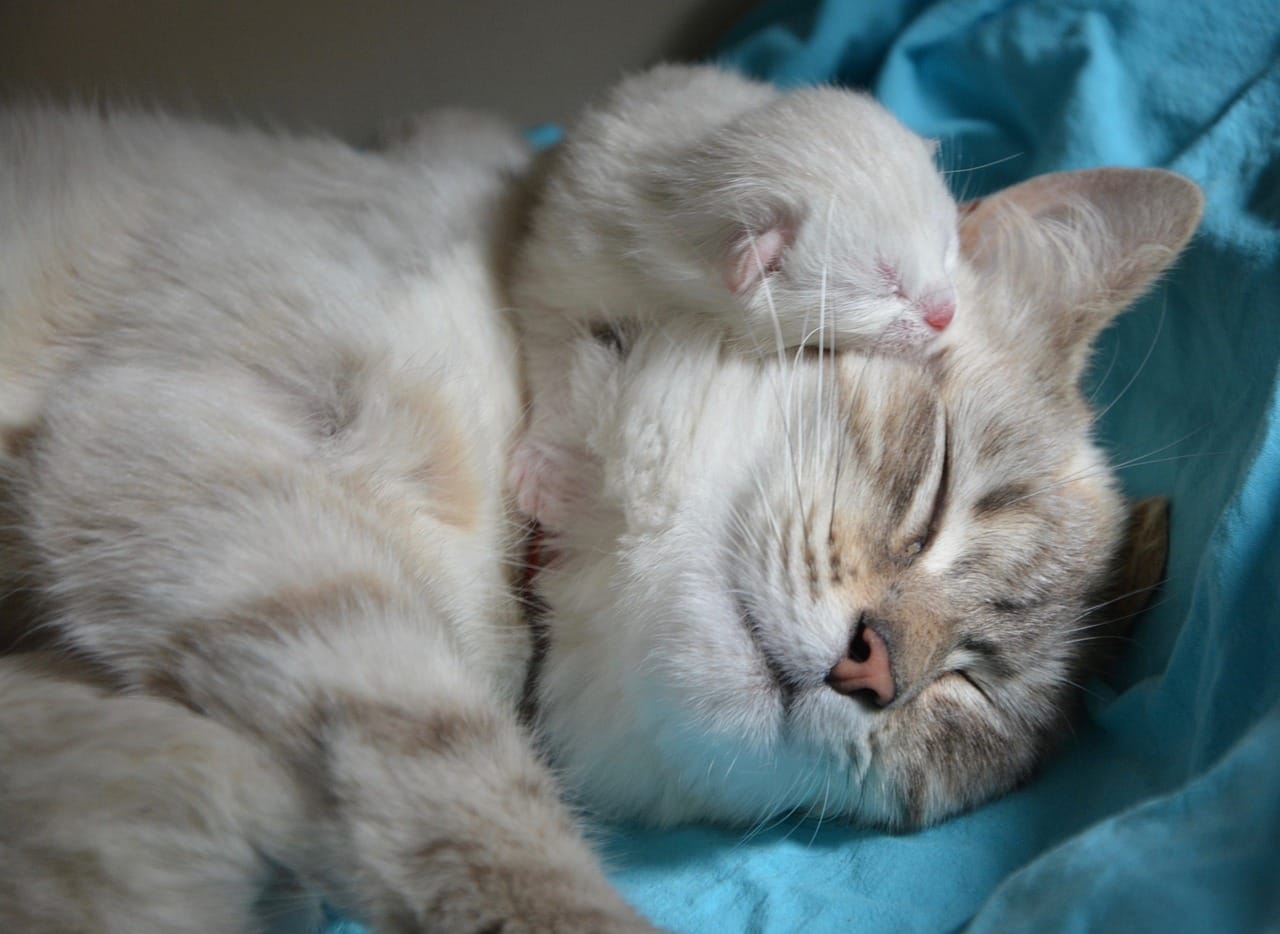Can You Give Catnip To Kittens ?

Can You Give Catnip To Kittens? Find out the right catnip kittens age to introduce this fun herb. Is catnip safe for kittens? Discover the truth and ensure your kitten’s safety! Learn more now!
Can You Give Catnip to Kittens? A Comprehensive Guide
The delightful antics of cats reacting to catnip are a familiar sight to many cat owners. But what about kittens? This article delves into the question: Can you give catnip to kittens? We’ll explore the appropriate catnip kittens age, the safety of catnip for young felines, and provide a comprehensive guide to help you determine if and when to introduce your kitten to this fascinating herb.
Understanding the Effects of Catnip
Before we address the question of is catnip safe for kittens, let’s understand how catnip works. Catnip (Nepeta cataria) contains a chemical compound called nepetalactone, which acts as a stimulant for many cats. This doesn’t affect all cats, however; some are completely unaffected, while others may exhibit a range of reactions, from playful rolling and rubbing to intense euphoria. The reactions are generally harmless and temporary, wearing off within 10-15 minutes.
However, the effects of nepetalactone can differ depending on the cat’s age and maturity. While adult cats typically experience the full range of stimulating effects, the impact on kittens is less well understood and requires careful consideration.
Catnip Kittens Age: When is it Safe?
The most crucial question many cat owners have is: what is the catnip kittens age at which it’s safe to introduce them to this herb? There’s no universally agreed-upon age, but many experts suggest waiting until a kitten is at least **six months old**. This is because kittens’ developing nervous systems might react differently to nepetalactone than adult cats. Introducing catnip too early could potentially lead to unpredictable responses or even mild discomfort.
Younger kittens may not even show any reaction to catnip, as their receptors for nepetalactone may not be fully developed yet. Waiting until they’re older ensures that their systems are mature enough to handle the herb’s effects appropriately.
Is Catnip Safe for Kittens? Addressing Potential Risks
While generally considered safe for adult cats, the question of is catnip safe for kittens deserves careful attention. While serious adverse reactions are rare, potential risks exist:
- Unpredictable Reactions: Kittens’ immature nervous systems might react unpredictably to nepetalactone. They might experience mild discomfort, restlessness, or unusual behavior.
- Ingestion: While cats rarely consume large quantities, ingestion of excessive amounts of catnip could lead to mild gastrointestinal upset, such as vomiting or diarrhea. However, it’s usually self-limiting.
- Allergies: Although rare, some cats can be allergic to catnip. Symptoms might include skin irritation, sneezing, or breathing difficulties. If you notice any allergic reactions, stop using catnip immediately and consult your veterinarian.
It is essential to monitor your kitten closely after their first exposure to catnip, even if they are over six months old. Observe their behavior and look out for any unusual signs. If you notice any concerning symptoms, consult your veterinarian immediately.
Introducing Catnip to Your Kitten: A Step-by-Step Guide
If you decide to introduce your kitten to catnip after they reach six months, proceed cautiously. Start with a small amount of dried catnip and observe their reaction carefully. Don’t force them to interact with it. Some kittens might be instantly drawn to it, while others might show little interest.
Here’s a safe introduction approach:
- Start small: Offer a tiny pinch of dried catnip. A small amount is sufficient for initial introduction.
- Observe carefully: Watch your kitten’s reaction closely for at least 15-20 minutes. Note any changes in behavior or physical symptoms.
- Provide fresh water: Always ensure your kitten has access to fresh, clean water.
- Gradual exposure: If your kitten tolerates the initial introduction well, you can gradually increase the amount of catnip offered over time.
- Monitor regularly: Continue to monitor your kitten’s behavior and reactions after each exposure to catnip.
Remember, catnip is meant to be a fun and enriching experience for your cat. It should never be used as a means of discipline or to sedate your pet. If you are concerned about your cat’s behavior or have any questions, consulting with your veterinarian is always recommended. A veterinarian can provide personalized advice based on your kitten’s breed, health history, and individual characteristics.
Alternatives to Catnip for Kittens
While waiting for your kitten to reach the appropriate age, or if your kitten does not react to catnip, there are other enriching play options available. Interactive toys, scratching posts, and puzzle feeders can provide your kitten with mental and physical stimulation, promoting healthy development and positive behaviors.
You can also explore other cat-friendly herbs, such as valerian root. However, always conduct thorough research and consult with your veterinarian before introducing any new herbs or plants to your kitten.
The Importance of Veterinary Consultation
If you have any concerns regarding your kitten’s health or their reaction to catnip, it’s crucial to consult your veterinarian. They can provide expert guidance and address any specific questions you may have regarding your pet’s well-being. A veterinarian can also help rule out any underlying health conditions that might influence your kitten’s response to catnip. They can offer the most accurate and safe recommendations tailored to your kitten’s specific needs.
For more information on feline health and behavior, you might find the resources at the ASPCA website helpful.
Addressing Common Myths and Misconceptions
There are several misconceptions surrounding catnip and kittens. One common myth is that catnip is addictive. This is false; catnip does not cause physical addiction. While cats may enjoy its effects, there are no withdrawal symptoms if catnip is withheld. Another misconception is that catnip can harm kittens. While excessive consumption could cause minor gastrointestinal upset, generally, it’s safe for kittens once they reach the appropriate age.
For additional information on cat behavior and well-being, consider exploring the resources available from the American Veterinary Medical Association. They offer valuable insights into various aspects of feline care.
Conclusion: Patience and Observation are Key
So, can you give catnip to kittens? The answer is a cautious “yes,” but only after they reach approximately six months of age. Patience and observation are crucial. Introduce catnip gradually, monitor your kitten’s reactions closely, and consult your veterinarian if you have any concerns. Remember that not all kittens will react to catnip, and that’s perfectly normal. Providing a safe and enriching environment for your kitten through play, interaction, and appropriate toys is equally important for their healthy development.
Always prioritize your kitten’s well-being and consult your veterinarian for personalized advice. They are the best resource for ensuring your kitten remains healthy and happy.
To further understand the nuances of catnip and its effects, explore the comprehensive resources offered by iCatCare. This organization provides valuable information on various aspects of cat health and care.
Leave a Comment! Share Your Catnip Experiences!
Have you introduced catnip to your kitten? Share your experiences, tips, and any questions you may have in the comments section below! Let’s build a community of cat lovers sharing their knowledge and insights on catnip kittens age, the safety of catnip for kittens, and overall kitten care! We’d love to hear your stories and learn from your experiences!

Frequently Asked Questions: Catnip and Kittens
1. Can you give catnip to kittens?
While catnip is generally safe for cats, the answer is: it depends on the kitten’s age. Kittens under 3-6 months old may not react to catnip because the receptors in their brains that respond to its active compound, nepetalactone, haven’t fully developed. Giving catnip to a very young kitten is unlikely to cause harm, but it’s also unlikely to have any effect.
2. What is the appropriate catnip kittens age to introduce it?
Most experts recommend waiting until a kitten is at least 3-6 months old before introducing catnip. This ensures their neurological system is mature enough to process the nepetalactone and experience the effects. Observe your kitten’s reactions closely, even after this age.
3. Is catnip safe for kittens?
Yes, catnip is generally considered safe for kittens once they reach the appropriate age (3-6 months). However, it’s not essential for their health and is purely for enjoyment. Always use high-quality, organic catnip to minimize the risk of pesticide exposure.
4. What are the effects of catnip on kittens?
The effects of catnip on kittens are similar to those on adult cats, but the intensity may vary. Some kittens might exhibit playful behavior, increased activity, rolling, purring, or even a temporary mellowing effect. Others might show no reaction at all.
5. My kitten is younger than 3 months. Should I wait?
Yes, waiting until your kitten is at least 3-6 months old is recommended before introducing catnip. Their response will be more likely and consistent at this age. Premature exposure won’t cause harm, but it’s unlikely to produce any noticeable effects.
6. How much catnip should I give my kitten?
Start with a small amount of catnip, like a pinch or a small sprig. Observe your kitten’s reaction carefully. If they seem to enjoy it, you can gradually increase the amount, but always monitor them for any adverse effects. Excessive amounts can lead to overstimulation.
7. My kitten doesn’t react to catnip. Is something wrong?
Not necessarily. Some cats are simply not affected by catnip, and this is perfectly normal. It’s a genetic trait, and about 30% of cats don’t react. Don’t worry if your kitten doesn’t show any interest.
8. What forms of catnip are suitable for kittens?
Dried catnip is the most common and safest form for kittens. Avoid catnip sprays or toys that might contain artificial ingredients or chemicals that could harm your kitten. Always opt for organic, pesticide-free catnip.
9. Can catnip be harmful to kittens?
In most cases, catnip is not harmful to kittens, provided it’s used appropriately and after the appropriate catnip kittens age. However, excessive amounts can lead to overstimulation or mild digestive upset. If your kitten shows signs of distress, remove the catnip immediately.
10. Where can I buy safe catnip for my kitten?
Look for high-quality, organic catnip from reputable pet stores or online retailers. Avoid catnip that doesn’t specify its origin or ingredients to minimize the risk of pesticides or other harmful substances. Always check the packaging for any warnings or age recommendations.

Can You Give Catnip to Kittens?
Giving catnip to kittens is a common question among cat owners. While generally safe, there are important considerations to ensure your kitten’s well-being.
Practical Tips for Giving Catnip to Kittens:
- Delay Introduction: Wait until your kitten is at least 6 months old before introducing catnip. Their systems are still developing, and early exposure might not have the desired effect, or worse, cause a negative reaction.
- Start Small: Begin with a tiny amount of catnip. A pinch or a small toy infused with catnip is sufficient. Observe your kitten’s reaction closely.
- Monitor Response: Some kittens are unaffected by catnip, while others might exhibit mild reactions like increased playfulness, purring, or rubbing. A few might experience slight digestive upset (vomiting or diarrhea), which is usually temporary. If you observe anything concerning, discontinue use.
- Choose Quality Catnip: Opt for organic, pesticide-free catnip to minimize potential exposure to harmful chemicals.
- Variety is Key: Not all kittens respond to catnip in the same way. If your kitten doesn’t react to one type, try a different brand or form (e.g., spray, toy, dried leaves).
- Supervise Playtime: Always supervise your kitten when it’s interacting with catnip to prevent accidental ingestion of large amounts.
- Offer in Moderation: Catnip should be a treat, not a staple in your kitten’s diet. Overexposure can lead to tolerance, reducing its effectiveness over time.
Health Considerations:
- Allergies: Though rare, some kittens might have an allergic reaction to catnip. Symptoms could include skin irritation, sneezing, or respiratory distress. If you notice any of these, seek veterinary attention immediately.
- Digestive Upset: As mentioned, mild digestive issues like vomiting or diarrhea are possible, particularly with excessive ingestion. This is usually self-limiting but warrants observation.
- Behavioral Changes: While playfulness is common, extreme agitation or hyperactivity should be monitored. If it persists, consult your vet.
- Underlying Health Conditions: Kittens with pre-existing health issues should not be given catnip without consulting their veterinarian first.
Disclaimer: This information is for educational purposes only and does not constitute veterinary advice. Always consult with your veterinarian if you have any concerns about your kitten’s health or its reaction to catnip.
Keywords: catnip, kittens, catnip for kittens, catnip safety, kitten health, catnip side effects, catnip allergy, organic catnip